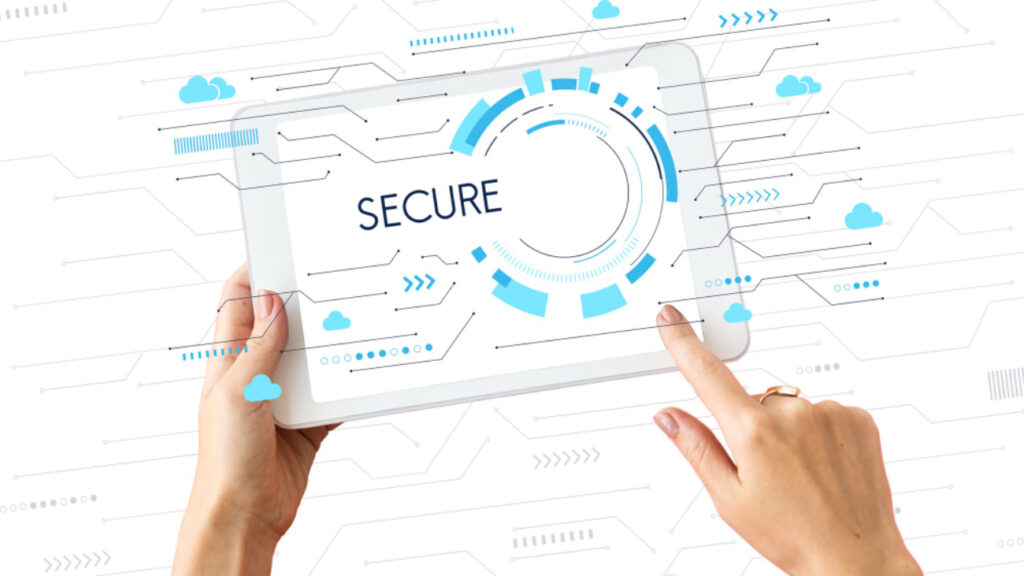The old centralized authority model, where central authorities held and managed our data, is rapidly becoming outdated stated Bahaa Abdul Hadi. A new wave of innovation is reshaping our thinking about online identity. At the centre of this movement is Self-Sovereign Identity (SSI), a radical model that lets you control your personal information, not governments, corporations, or third-party platforms.
This move away from centralized control to user empowerment is really the beginning of the Digital Identity Revolution. It’s a future where privacy, security, and ease live side by side, and your identity is truly yours.
Understanding Digital Identity
Your digital identity is the unique data footprint you leave behind online. This can include your name, date of birth, address, credentials, and biometric data, among others. When you log in to a website, fill in an online form, or make digital transactions, you are using a copy of that digital identity.
In the traditional model, this information is housed and managed by big organizations such as banks, technology companies, and government agencies. But this centralization brings risks: data breaches, identity theft, and confusion over who has accessed your information.
This is where self-sovereign identity changes the game. Instead of depending on third parties to keep your data, SSI enables you to store it in a dispersed manner that is stored on secure digital wallets only you control. You have the choice of selecting what you share, when, and with whom.
The Importance of Decentralized Identity
It is not just a matter of convenience but a necessity to take charge of your digital identity and its future. As our lives turn more and more towards digital living experiences daily, the perils of centralized identity systems become ever more stark.
- Privacy: By controlling your own identity, you’re able to limit how much personal data is exposed. For example, proving your age without giving up the full birthdate and certifying professional qualifications without the need to surrender entire transcripts.*
- Security: Centralized databases are a treasure trove for cybercriminals. With SSI, on the other hand, the data’s distributed and encrypted, reducing risk for mass breaches. Out of this, we can feel safe that our personal information will never be available en masse again!
- Efficiency: No more waiting days to verify a person’s identity. SSI enables instant verification through cryptographic proofs, and this saves time as well as reduces friction within online transactions.
- Portability: Your digital identity goes where you go. Whether you’re taking out a loan, logging into a new app, or accessing healthcare services for the first time, it’s the same secure and verified credentials that can be used in any situation.
A Future Built on Trust and Control
With SSI, the individual can assume his or her online identity again and live more freely and secure lives. We are moving towards a digital future where you control your own identity. No longer need to give private data to corporations in response to their requests, or input false information into outmoded systems just for them to be able to verify who you are.
Conclusion
None of the latest developments in technology has been as influential as the inception of self-sovereign identity. Whereas new systems of centralization brought the individual to his knees, now SSI is placing control directly in his hands. With that power, you can finally have real ownership of your personal data—not only is privacy and freedom in this picture, but so too is security itself. The article has been written by Bahaa Abdul Hadi and has been published by the editorial board of Identity Herald. For more information, please visit www.identityherald.com.




